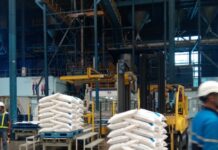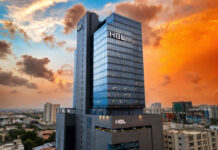With the advent of the current digital global economy, startup ecosystems around the world have evolved into more than just hotbeds of innovation. Now, they are the benchmarks of economic competitiveness and resilience. The StartupBlink Global Startup Ecosystem Index 2025, analysing data from over 1,000 cities and 100 countries, maps the changing patterns of entrepreneurship.
While traditional leaders like the United States face stagnation, emerging players such as Singapore, Saudi Arabia, and to some extent even Pakistan, are heavily focused on technological innovation, by proxy, redrawing the global tech landscape.
The United States may be retaining the top spot in global rankings, however, its influence is waning. The country’s ecosystem growth rate is just 18.2%, with a notable decline in the number of cities represented in the global top 1,000. Meanwhile, the Asia-Pacific and MENA regions are gaining ground. Singapore, now ranked fourth globally, posted an impressive 44.9% growth rate. Saudi Arabia climbed 37 spots to reach 38th place, fueled by its Vision 2030 reforms. China, stable at 13th, is seeing city-level growth exceeding 30%.
These shifts hint to a broader decentralisation of global innovation. Pakistan, ranked 72nd in 2025, dropping one spot from 2024, illustrates a story of wasted potential and a litany of opportunities. The content in this publication is expensive to produce. But unlike other journalistic outfits, business publications have to cover the very organizations that directly give them advertisements. Hence, this large source of revenue, which is the lifeblood of other media houses, is severely compromised on account of Profit’s no-compromise policy when it comes to our reporting. No wonder, Profit has lost multiple ad deals, worth tens of millions of rupees, due to stories that held big businesses to account. Hence, for our work to continue unfettered, it must be supported by discerning readers who know the value of quality business journalism, not just for the economy but for the society as a whole.To read the full article, subscribe and support independent business journalism in Pakistan

























